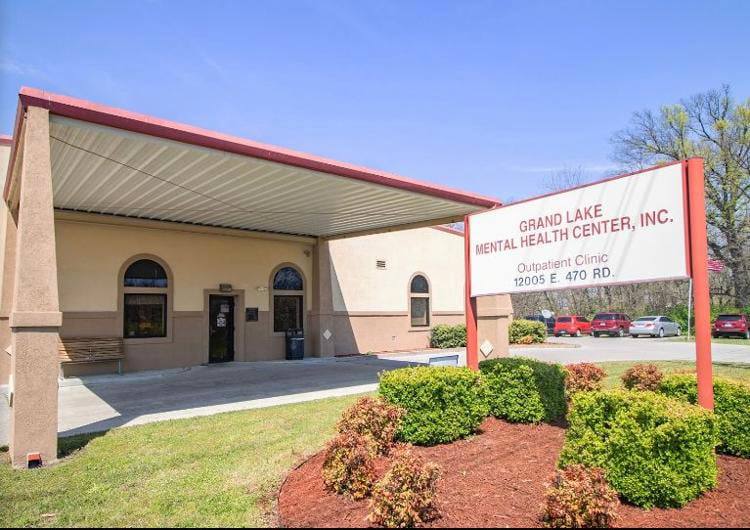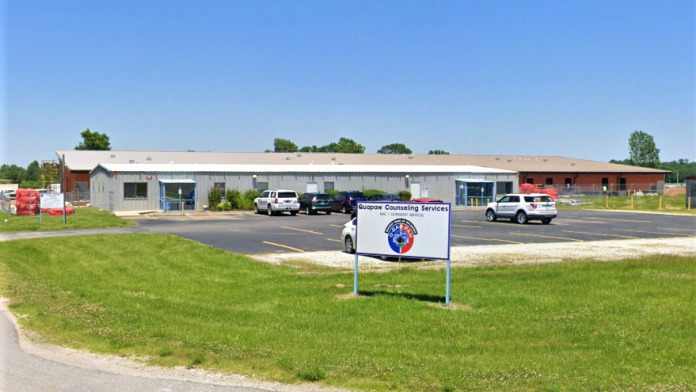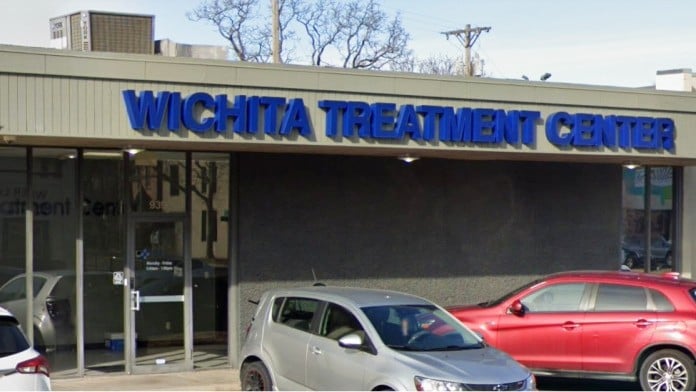About APS Clinics of Puerto Rico Guayama
APS Clinics of Puerto Rico provides modern outpatient care centers throughout Puerto Rico with specialized substance use disorder treatment offered in San Juan. The city is a Caribbean capital known for stunning beaches and historic charm. San Juan blends colorful Colonial architecture with tropical beauty and a rich nightlife, attracting visitors from around the world.
Customized Care for You and Your Family
You have access to outpatient adult, child, and adolescent psychiatrists, addiction counselors, social workers, and general health practitioners. The substance abuse or addiction programming begins with a personalized evaluation and diagnosis from which they tailor a treatment plan that addresses your and your family’s needs throughout the process.
They address addiction to drugs, alcohol, tobacco, and prescription medications. Support groups may be included within your substance abuse treatment program where you’ll receive support from peers who understand what you’re going through and you can share experiences in coping strategies while strengthening your self-esteem and self-confidence.
Comprehensive psychological therapy is also included to help you overcome emotional issues, anger management, or stress. It begins with a psychiatric evaluation that helps to treat co-occurring mental health conditions. In addition to outpatient treatment for addiction, they also offer agency coordination to connect you with community resources and ensure that your long-term sobriety is supported within the community.
Medication Management for Opioid Addiction and More
When prescription medications are required, you receive medication management to ensure treatment is appropriate. This includes buprenorphine if you are addicted to heroin or other opioids. Buprenorphine treatment helps reduce withdrawal symptoms and cravings to support your outpatient treatment.
They accept most major insurance plans that cover Puerto Rico, including Triple S Vital, FM Vital, Triple S Advantage, and all Humana commercial and advantage products.
Latest Reviews
Rehab Score
Other Forms of Payment
Medicaid is a state based program that helps lower-income individuals and families pay for healthcare. Medicaid covers addiction treatment so those enrolled can use their coverage to pay for rehab. When a program accepts Medicaid the client often pays very little or nothing out of their own pocket.
Medicare is a federal program that provides health insurance for those 65 and older. It also serves people under 65 with chronic and disabling health challenges. To use Medicare for addiction treatment you need to find a program that accepts Medicare and is in network with your plan. Out of pocket costs and preauthorization requirements vary, so always check with your provider.
Military members, veterans, and eligible dependents have access to specific insurance programs that help them get the care they need. TRICARE and VA insurance can help you access low cost or no cost addiction and mental health treatment. Programs that accept military insurance often have targeted treatment focused on the unique challenges military members, veterans, and their families face.
Addiction Treatments
Levels of Care
Outpatient Programs (OP) are for those seeking mental rehab or drug rehab, but who also stay at home every night. The main difference between outpatient treatment (OP) and intensive outpatient treatment (IOP) lies in the amount of hours the patient spends at the facility. Most of the time an outpatient program is designed for someone who has completed an inpatient stay and is looking to continue their growth in recovery. Outpatient is not meant to be the starting point, it is commonly referred to as aftercare.
Treatments
Mental health rehabs focus on helping individuals recover from mental illnesses like bipolar disorder, clinical depression, anxiety disorders, schizophrenia, and more. Mental health professionals at these facilities are trained to understand and treat mental health issues, both in individual and group settings.
Clinical Services
Cognitive Behavioral Therapy (CBT) is a therapy modality that focuses on the relationship between one's thoughts, feelings, and behaviors. It is used to establish and allow for healthy responses to thoughts and feelings (instead of unhealthy responses, like using drugs or alcohol). CBT has been proven effective for recovering addicts of all kinds, and is used to strengthen a patient's own self-awareness and ability to self-regulate. CBT allows individuals to monitor their own emotional state, become more adept at communicating with others, and manage stress without needing to engage in substance abuse.
Dialectical Behavior Therapy (DBT) is a modified form of Cognitive Behavioral Therapy (CBT), a treatment designed to help people understand and ultimately affect the relationship between their thoughts, feelings, and behaviors. DBT is often used for individuals who struggle with self-harm behaviors, such as self-mutilation (cutting) and suicidal thoughts, urges, or attempts. It has been proven clinically effective for those who struggle with out-of-control emotions and mental health illnesses like Borderline Personality Disorder.
Research clearly demonstrates that recovery is far more successful and sustainable when loved ones like family members participate in rehab and substance abuse treatment. Genetic factors may be at play when it comes to drug and alcohol addiction, as well as mental health issues. Family dynamics often play a critical role in addiction triggers, and if properly educated, family members can be a strong source of support when it comes to rehabilitation.
Group therapy is any therapeutic work that happens in a group (not one-on-one). There are a number of different group therapy modalities, including support groups, experiential therapy, psycho-education, and more. Group therapy involves treatment as well as processing interaction between group members.
In individual therapy, a patient meets one-on-one with a trained psychologist or counselor. Therapy is a pivotal part of effective substance abuse treatment, as it often covers root causes of addiction, including challenges faced by the patient in their social, family, and work/school life.
Trauma therapy addresses traumatic incidents from a client's past that are likely affecting their present-day experience. Trauma is often one of the primary triggers and potential causes of addiction, and can stem from child sexual abuse, domestic violence, having a parent with a mental illness, losing one or both parents at a young age, teenage or adult sexual assault, or any number of other factors. The purpose of trauma therapy is to allow a patient to process trauma and move through and past it, with the help of trained and compassionate mental health professionals.
Contact Information
Carretera 3 Km 135.3
Galeria Plaza
Humacao, PR 00784



